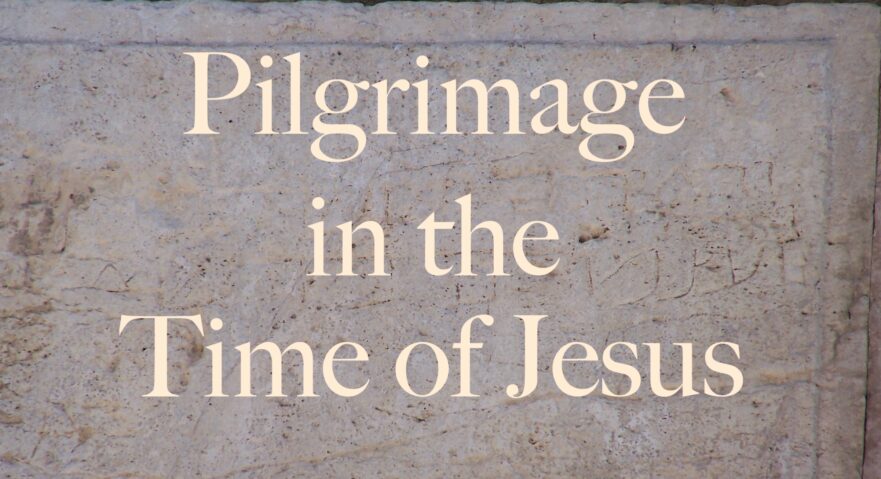During the Second Temple period pilgrimage was associated with the festivals of Passover, Shavuot and Sukkot.
By the Finger of God
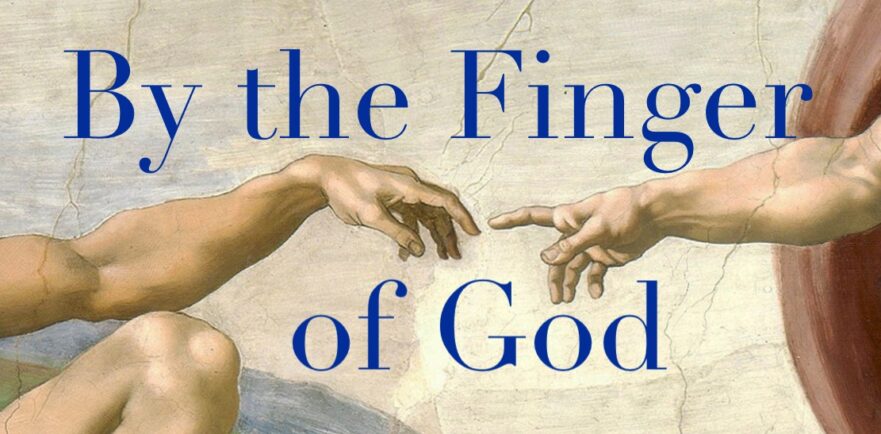
Jesus’ ministry of miracles and deliverance occasionally brought him into conflict. One of the most intriguing controversies concerned the accusation by a group of Pharisees called “Jerusalem scribes” that Jesus had accomplished the healing of a dumb man with the aid of the prince of demons.
An Introduction to Synoptic Studies

The late Dr. Robert Lindsey, pioneer translator of the Gospels into modern Hebrew, synoptic researcher and pastor of Jerusalem’s Narkis Street Congregation, resided in Israel for over forty years. His discoveries challenge many conclusions of New Testament scholarship from the past two hundred years. Lindsey created a new approach to the study of the Synoptic Gospels. Here, Lindsey provides an introduction to the field of synoptic studies and the “Synoptic Problem.”
Discovering Longer Gospel Stories
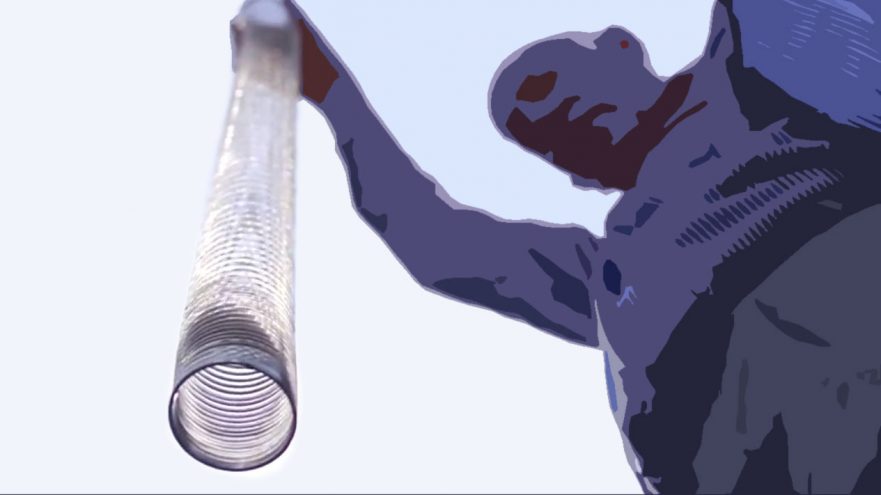
Research by Robert L. Lindsey has helped clarify the process by which gospel texts were preserved and transmitted. Luke desired, he said in his prologue, to present to Theophilus an “orderly” account. Such ordering is to be noted in Matthew and Mark, as well. These attempts at ordering help us understand why so many of the synoptic gospel stories appear in a different chronological order from gospel to gospel.
Jesus and the Oral Torah: Did Jesus Wear Phylacteries?

The Gospels attest to the fact that Jesus had tassels on the four corners of his outer robe (Matt. 9:20; 14:36; Mark 6:56; Luke 8:44). Although there is no explicit evidence in the Gospels, we have reason to suggest that he also may have worn phylacteries.
Salted with Fire

Among the difficult sayings of Jesus, Mark 9:49 is one of the most enigmatic. Almost all previous explanations of this verse have dealt with the Greek text, but like many of the difficult sayings of Jesus, this one simply cannot be explained from the Greek alone.
How Long Was Jesus in the Tomb?
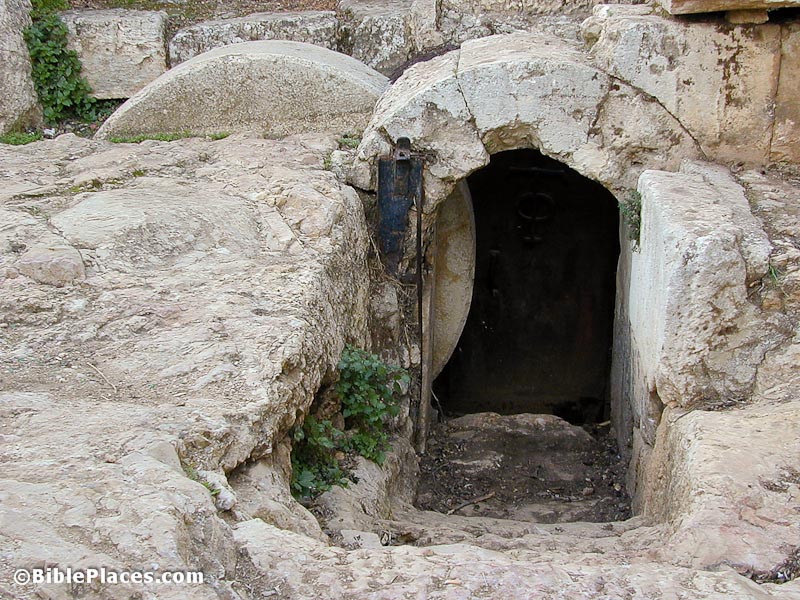
Jesus said he would remain in the grave until the third day after his death. If Jesus was buried on late Friday afternoon, how long would he have had to remain in the tomb to fulfill his prophecy about his resurrection?
Jesus and the Oral Torah: The Unutterable Name of God
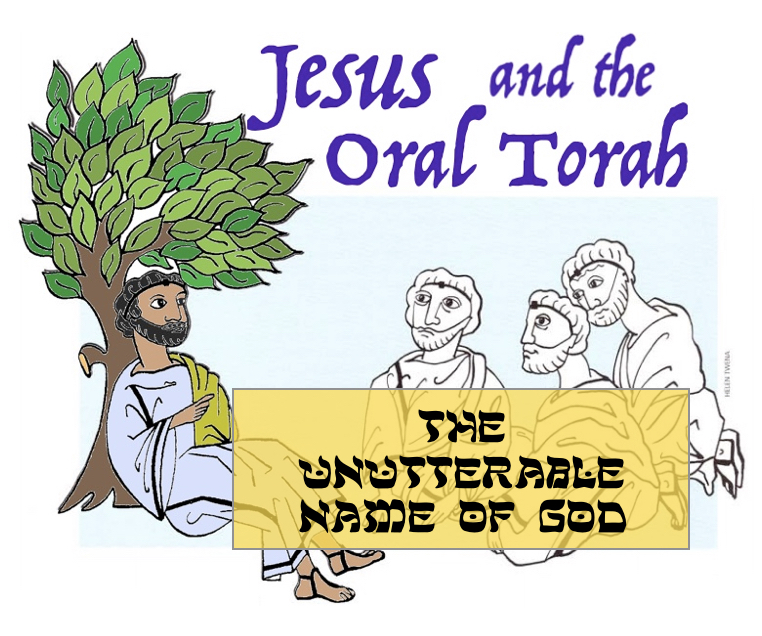
To avoid the risk of employing the divine name irreverently, the sages ruled that one should not utter it at all.

